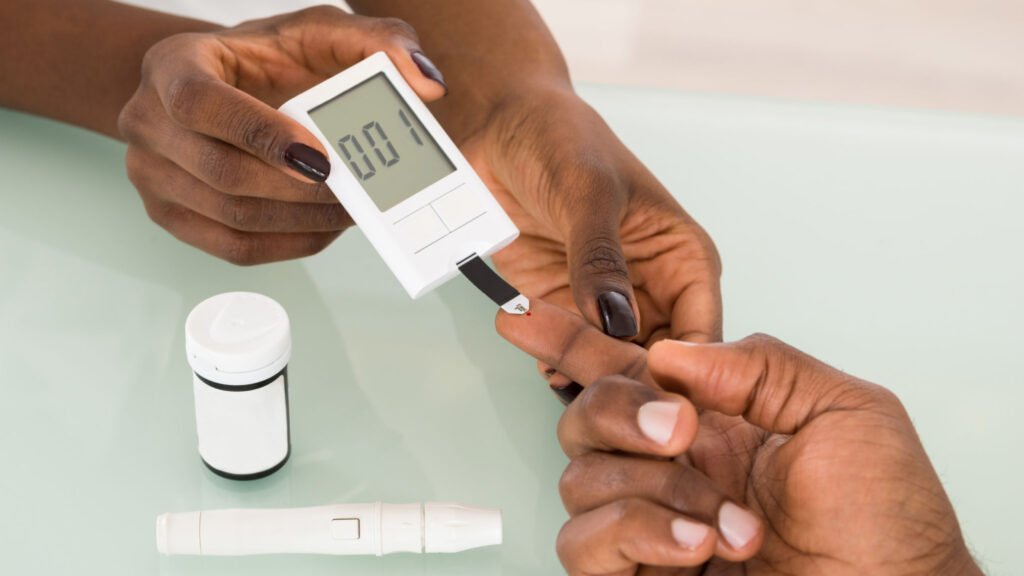
What is gestational diabetes?
Diabetes in pregnancy, also known as gestational diabetes, occurs when a woman develops high blood sugar levels during pregnancy. It typically arises in the second or third trimester and usually resolves after delivery.
However, women who experience gestational diabetes are at a higher risk of developing Type 2 diabetes later in life
Causes of gestational diabetes
Gestational diabetes is caused by hormonal changes during pregnancy. The placenta produces hormones that can make the body more resistant to insulin. As a result, blood sugar levels rise, leading to gestational diabetes.
Factors such as being overweight, having a family history of diabetes, or having had gestational diabetes in a previous pregnancy can increase the risk.
The natural history of the disease - Without effective treatment
If gestational diabetes is not effectively managed, both the mother and baby can face complications.
For the mother, this may include an increased risk of high blood pressure, preeclampsia, and the need for a C-section.
For the baby, there is a risk of excessive birth weight (macrosomia), premature birth, breathing problems, and a higher chance of developing Type 2 diabetes later in life.
How is gestational diabetes managed - Treated?
Gestational diabetes is managed through lifestyle modifications such as eating a balanced diet, exercising, and monitoring blood sugar levels. In some cases, insulin therapy or oral medications may be required.
Regular prenatal check-ups are essential to monitor both the mother’s and baby’s health. After delivery, blood sugar levels should be monitored to ensure they return to normal.
Key Risk Factors
- Overweight or Obesity: Being overweight before pregnancy increases the risk of gestational pregnancy.
- Age: Women over 25 are at a higher risk.
- Family History: A family history of diabetes raises the likelihood of gestational diabetes at every pregnancy.
- Previous Gestational Diabetes: Women who had gestational diabetes in a previous pregnancy are at higher risk.
Complications if untreated or poorly treated
Uncontrolled or poorly treated gestational diabetes can lead to:
For the Mother:
- High blood pressure and preeclampsia.
- Increased risk of Type 2 diabetes after pregnancy.
- Increased likelihood of needing a C-section.
For the Baby:
- Excessive birth weight, leading to delivery complications.
- Premature birth and associated health problems.
- Low blood sugar levels (hypoglycemia) after birth.
- Higher risk of obesity and Type 2 diabetes later in life.
Macrosomia: a baby born of a mother with gestational diabetes

The most important actions needed to be taken
For Expectant Mothers:
- Attend regular prenatal appointments for monitoring and testing.
- Maintain a healthy diet with guidance from a healthcare professional.
- Engage in regular, moderate physical activity.
- Monitor blood sugar levels as instructed by your doctor.
- Follow any prescribed medication or insulin therapy.
For All Women of Childbearing Age:
- Maintain a healthy weight before and during pregnancy.
- Be aware of family history and other risk factors for gestational diabetes.
- Seek pre-pregnancy counseling if planning to conceive, especially if you have risk factors for diabetes.
Remember
Gestational diabetes can be effectively managed with early detection and appropriate care.
With the right treatment and lifestyle adjustments, most women can deliver healthy babies and reduce their risk of complications.
Following up after pregnancy to monitor long-term health is also essential.


